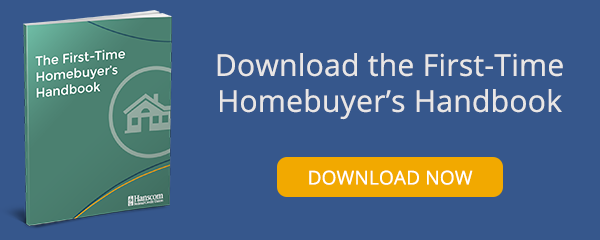You really want to buy a home — after all, it is still a part of the American Dream — but the finances of it can seem overwhelming. That’s why it’s so important to do some thorough prep work before you start looking for a mortgage.
To take the confusion out of organizing your finances, follow these five steps:
- Get your free credit report and score. (If you are an HFCU member, you can access this at no charge. See more on our website.) Your report is highlighted, making it easy to read so you’ll get a clear idea of what makes up your score. Go through it carefully to make sure there are no errors and if there are, get them fixed. You want a clean report so your score will accurately reflect how you’ve handled money you’ve borrowed. If your score is low, you may want to wait a few months and try to improve it so you’ll qualify for a lower interest rate when you go to apply for your mortgage.
- Draw up a household budget so you can see how much money is coming in and going out each month. Don’t forget to include the cost of insurance, taxes, homeowner’s association fees, and maintenance costs when adding up the cost of owning a home. This amount should ideally be no more than 28% of your income.
- Make sure you have enough money for a down payment — at least 5% of the purchase price is recommended, but putting down 20% is better so you won’t have to purchase Private Mortgage Insurance (PMI). If you need to, you can borrow money from your IRA or 401(k) for the down payment. (Be sure to talk to your tax advisor first!)
- Look at your financial big picture to make sure that you have:
- A reliable, steady source of income.
- An emergency fund of 3 to 6 months of expenses.
- A minimal amount of credit card debt.
- A plan to stay in your home for at least five years.
- The ability and desire to maintain your home, inside and out.
5. Gather the financial paperwork you’ll need to apply for a mortgage (getting prequalified is best):- Tax returns for the last 2 years
- W-2 statements
- Two recent pay stubs
- Credit card statements
- Bank and investment account statements.
There, you did it! Now it’s time to start shopping around for the right mortgage, beginning with your credit union!
Hanscom Federal Credit Union published a guide for first-time homebuyers. Download your copy for an easy-to-understand explanation of the mortgage process.




.jpg)









Comment